|
According to a survey done in 2016, around 43% of British women are not getting enough sleep. Insomnia is described as having difficulty falling and staying asleep and as insomnia is a disorder within itself, it can be presented as either chronic insomnia or short term insomnia. People who suffer with insomnia suffer with symptoms such as fatigue and irritability which can contribute to more severe disorders such as anxiety disorders. However, it can work exactly in the opposite manner as well, and people with anxiety disorders may develop insomnia due to their anxiety. So the two coexist and can cause one another. We are all well aware of remedies such as lavender and meditation to help with sleep, but these 7 tips below are probably less well known. So whether you suffer from chronic insomnia or whether your sleep disturbances have been brought on by anxiety disorder, the 7 tips below should help you on the road to a more restful night. 1) Establish a Sleep Inducing Routine Establishing an evening routine is about the most important thing you can do! Without it, you are going to struggle! Having a routine is going to help your mind and body get into a habit of preparing for sleep at a certain time. Your evening routine should be sleep inducing, and many of the next tips that I am going to mention below can be incorporated into your routine! 2) Choose Warm Lighting Melatonin is the sleep hormone and it is stimulated by darkness and warm shades such as amber or red. Installing a red light bulb in your bedroom will help stimulate the melatonin that helps you get sleepy. Something like these lights which can be purchased here will help you do this. 3) Switch Electronic Devices onto Night Mode If you can avoid using any electronic devices before bedtime, that would be first prize, but if you read or work on a computer, I-pad or phone at night, set it onto night mode before you go to sleep. The night mode function changes the lighting setting enabling you to sleep better. 4) Temperature If you have a thermostat, set your bedroom on anything between 16-20 degrees Celsius. This is the ideal temperature to aid in sleep. Also make sure that you get enough air circulating through the day, so that you not breathing in stale air. Open your bedroom window during the day to ensure this. 5) Valerian Tea I have always been a fan of chamomile tea to help with sleep, but recently I have gone mad over valerian root tea. You can get this tea from health shops. many of them including the one I use is mixed into a blend for helping with insomnia, so the choice is yours. You can either use the pure blend or a mixture of valerian and other sleep aiding herbs. Either way, they are going to relax you and prepare you for night time. I use the Dr Stuart Brand. 6) Isochronic Tones and Binaural Beats I am still in awe at how few people know about these, and I talk further and about more of these tones, beats and noises in my book 'My Anxiety Companion' but in a nutshell, these are very specific types of 'tones' that can be played to target ailments such as insomnia, anxiety and study stress. Isochronic tones are regular beats of a single tone that is played to induce calmness in a person. They can also be used with Binaural Beats. This is all known as Brainwave entrainment. Noises include Pink, white and brown, which mimic sounds such a gushing rivers but pay more attention to the level of frequency depending on the noise played. Two of my favourite apps are: Relax M.S.P and then AmbiScience 100 7) Eat starch at Night I know for a lot of people that starch is considered an enemy to eat at night, but if you suffer from anxiety and/or insomnia, it might actually help you. Starchy foods raise serotonin levels which are our feel good hormones, helping us to relax. Eating something like a baked potato with your dinner will aid in this being able to happen. 8) Do not sleep during the day This is pretty self explanatory, however it is not so easy to do. Many of us, if given the chance cannot resist a short cat nap during the day, but if you suffer from insomnia, it is not a good idea. Taking naps during the day will throw your natural circadian rhythm out of balance, causing your body clock to want to sleep during the day and stay awake at night. A trick to try and not sleep during the day is to get up and do something or go for a walk, even do a workout! It's not always easy, and with so many people struggling with ailments such as Chronic Fatigue Syndrome, sometimes you do need to take a Siesta. However, if you do need to, just be mindful of time, and do not nap for more than 30 minutes, and do it before 4pm in the afternoon. 9) Use Natural Sleep Aids There are many natural and herbal remedies on the market that can be used to aid better sleep. A natural sleep aid like Kalms is something that I like to use, and is fine to be taken alongside other medication. Please always discuss medication, even herbal alternatives with a doctor or health practitioner beforehand! 10) Get a Diffuser I love my diffuser more for it's very soft but calming noise that it makes while I sleep, but in theory, the real reason to have a diffuser is because not only do they clean the air in the room they are in, but you can add essential oils to them and the scent will be released very subtly into the air. The one I have has a colour changing light, which I love, and I often set it to red. Purchase one like mine here. 11) Read a Book, not a Kindle! Even though you can set your electronic device to night mode, I would still recommend rather reading a good old fashioned book or magazine before bed! There is just nothing better than curling up into bed with a nice book! Bonus Tip!!! I use the Zhu Zhu lavender scented sleep mask. It's great and the scent has really lasted a long time. Unfortunately the one that I use is only available in the UK, but don't worry as I found a really similar one that is available in the US over here.
It's infused with lavender which helps with sleep and relaxation, whilst a good old sleep mask will help stimulate melatonin by creating the complete dark effect on your eyes. Extra Bonus Tip!!! Just take your phone out of your room altogether! This will help to curb temptation to sit on social media and youtube, and it's really handy in the morning when your alarm goes off, as you need to actually get out of bed to turn it off! Reference: Sleep deprivation article Disclaimer: I am not a medical doctor! This article is to provide information only, and any advice followed is to be done at your own risk. Any links provided are there to help insomnia. Some of them I have personally used myself, and some are just there to give you some ideas as to what is out there. None of these suggestions are guaranteed to cure insomnia. I do earn a small commission on some of the products that are linked in this article. To the average non anxious person, this seems like a perfectly legitimate question. However, to a person who is suffering day in and day out with anxiety symptoms, it's questions like these that make you want to literally put your fist through a brick wall.
For those of you who experience crippling anxiety all the time - let me put your mind at rest. It is not all in your head - anxiety disorders do indeed exist. No, you are not over reacting and no, you are not insane. For those of you who have never had the displeasure of experiencing an anxiety disorder, or quite simply, for those of you who do not understand what's it's like to have an anxiety disorder - let me also put something to rest - they do exist - and the constant denial and shaming from people who cannot understand mental illness is leading to suicide of illnesses that could very well have been treated. To put this into perspective, let's look at some statistics: It is estimated that 1 in 4 people are suffering with a mental health related issue currently. In 2015 in the UK, the recorded number of deaths due to mental health related suicide was 6188. To put this into even more perspective: that is between 16 and 17 suicides a day! Meanwhile in America, it is estimated that there are over 30 000 suicides every year. These are scary statistics for something that supposedly doesn't exist! Let me lay it out plain, simply and bluntly: Firstly, anxiety disorders do exist and secondly an anxiety disorder is very different from anxiety or stress, and there have been quite a few times now where I have come across articles or videos which claim that these statements are not true. Funny enough, the very people making these claims are people who have never experienced an anxiety disorder or a mental illness. These are also the same people who insist that 'everyone gets sad sometimes' or 'we all get moments when we are stressed out' While it is obviously true that everyone does get sad and/or stressed sometimes within their lives, the key word to bear in mind here is sometimes. You see, while your average person may struggle with stress or anxious symptoms when under pressure, these symptoms will last short term. A person suffering with anxiety disorder, depression or any other type of mental illness doesn't have the luxury of their symptoms appearing sometimes or appearing for the short term. When a human being becomes afraid or nervous, their flight or fight response is activated, resulting in adrenaline being released, causing symptoms like increased heart rate, shakiness, sweating and what is commonly described as having the butterflies. We have all experienced that, but once the scary scenario has passed, so does the flight or fight response. Now imagine having your flight or fight mechanism permanently switched on! That is what an anxiety disorder feels like! It's crippling, it's over bearing and it's irrational - it's disordered fear - which is why it's called anxiety disorder. It's a distorted and dramatic feeling that never goes away and most of the time, you never know the reasons why you feel that way. So I ask you again, do anxiety disorders really exist? When we examine the suicide statistics due to mental illness, do we even reserve the right to be asking questions like this? Are questions such as these perhaps showing genuine ignorance and that we need to create more awareness on mental illnesses? Perhaps we need to flip the coin to the other side and start talking about the survivors of mental illness more, instead of only focusing on those who have succumb to suicide, or maybe, just maybe, until we have actually experienced something ourselves, we need to ask, do we really have the right to pass judgement? References: https://www.ons.gov.uk/peoplepopulationandcommunity/healthandsocialcare/mentalhealth https://www.mentalhealth.org.uk/statistics/mental-health-statistics-suicide https://www.mind.org.uk/information-support/types-of-mental-health-problems/statistics-and-facts-about-mental-health/how-common-are-mental-health-problems/#.WWEIVU2Wxl8 http://www.counselling-directory.org.uk/stats.html http://www.wired.co.uk/article/mental-health-stats-uk https://www.dosomething.org/us/facts/11-facts-about-suicide http://afsp.org/wp-content/uploads/2016/06/2016-National-Facts-Figures.pdf |
Archives
November 2019
|
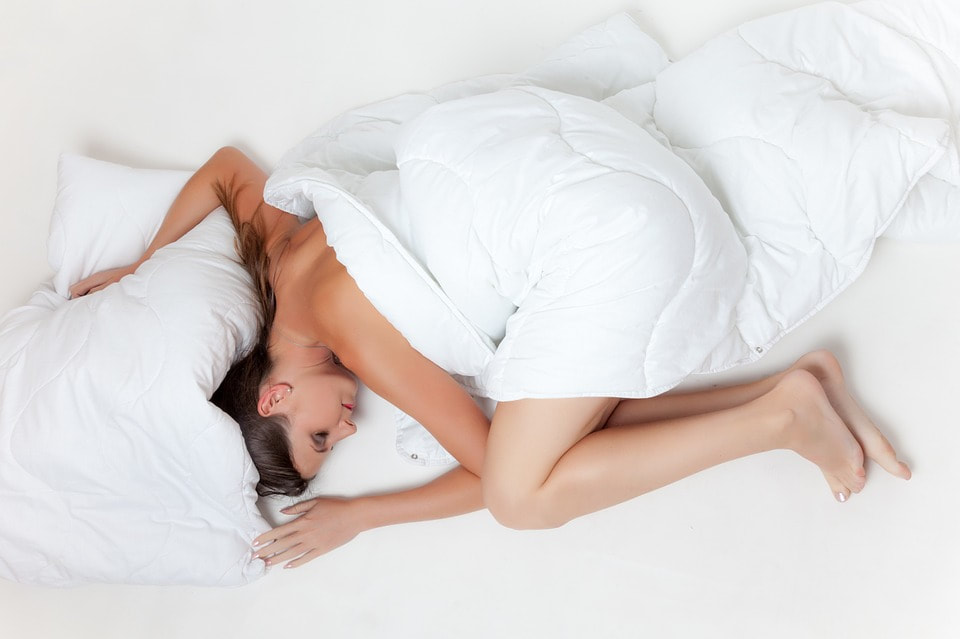
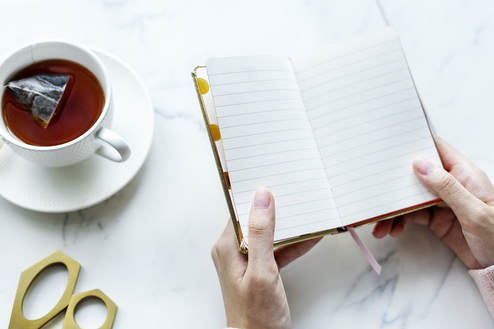


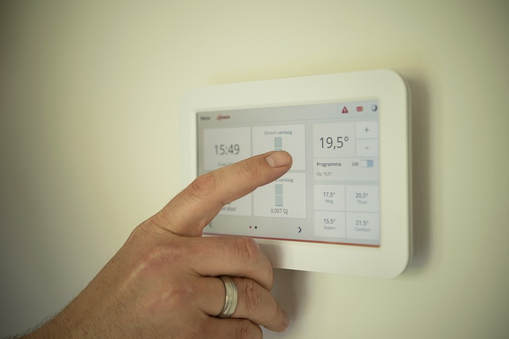
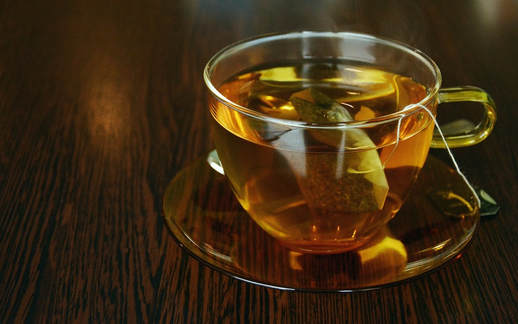
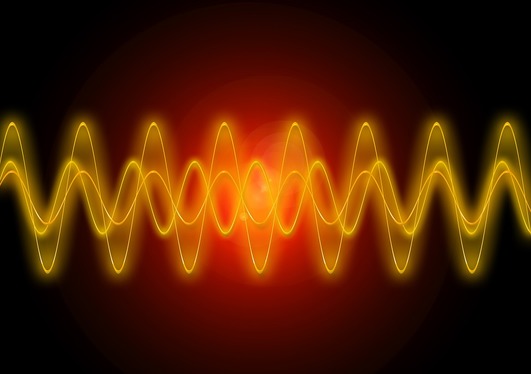

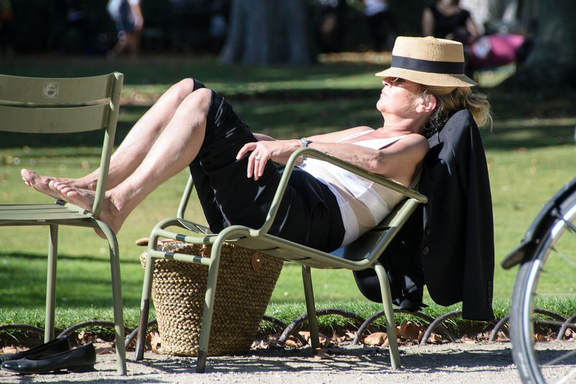

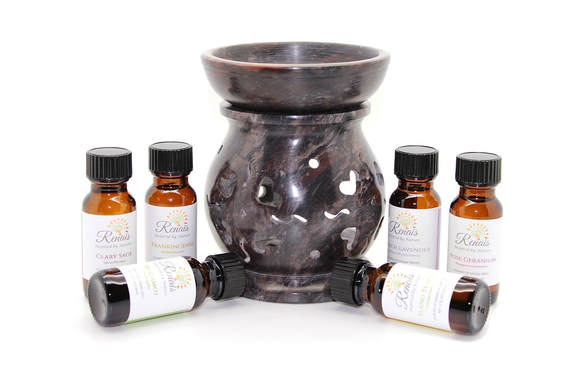

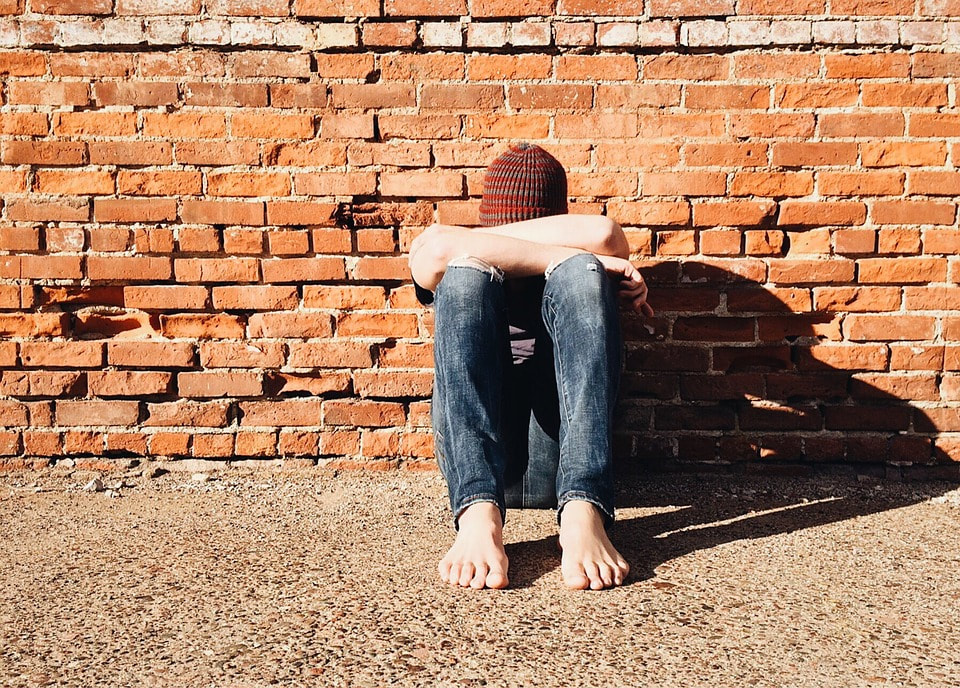
 RSS Feed
RSS Feed